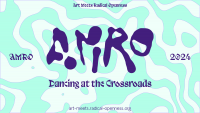Engineering applications of Artificial Intelligence - Deadline for manuscript submission: April 30, 2015

The nature of humanistic data can be multimodal, semantically heterogeneous, dynamic, time and space-dependent, and highly complicated. Translating humanistic information, e.g., behaviour, state of mind, artistic creation, linguistic utterance, learning and genomic information into numerical or categorical low-level data is a significant challenge on its own. New techniques, appropriate to deal with this type of data, need to be proposed and existing ones adapted to its special characteristics. The purpose of this special issue is to bring together interdisciplinary approaches that focus on the application of innovative as well as existing data matching, fusion and mining and knowledge discovery and management techniques (like decision rules, decision trees, association rules, ontologies and alignments, clustering, filtering, learning, classifier systems, neural networks, support vector machines, pre-processing, post processing, feature selection, visualization techniques) to data derived from all areas of Humanistic Sciences, e.g., linguistic, historical, behavioural, psychological, artistic, musical, educational, social, etc.. Research in this area is important to combine the fields of semantics and knowledge engineering within artificial intelligence framework, mainly because of the overwhelming amount and different types of disseminated information. High quality contributions addressing related theoretical and practical aspects are expected.
Topics of interest include, but are not limited to the following aspects:
- Humanistic Data Collection and Interpretation
- Ubiquitous Computing and Bioinformatics
- Data pre-processing
- Feature Selection
- Supervised Learning of Humanistic Knowledge
- Clustering
- Fuzzy Modelling
- Heterogeneous Data Fusion
- Knowledge Representation and Reasoning
- Knowledge Processing and Acquisition
- Expert Systems
- Linguistic Data Mining
- Historical Research
- Educational Data Mining
- Music Information Retrieval
- Data-driven Profiling/Personalization
- User Modelling
- Behaviour Prediction
- Recommender Systems
- Web Sentiment Analysis
- Social Data Mining
- Visualization Techniques
- Integration of Data Mining Results into Real-world Applications with Humanistic Context
- Data Mining Techniques for Knowledge Discovery
- Ontology Matching and Alignment
- Virtual-World Data Mining
- Game Data Mining
- Mining Humanistic Data in the Cloud
- Speech and Audio Data Processing
- Ontologies
- Biomedical Data Mining
Submission Procedure
 All manuscripts should follow the submission guidelines available at the journal’s website. During the submission process, please select the “SI: Mining the Humanities” as article type. Prospective authors are encouraged to indicate their interests any time before the submission deadline. After submitting a paper, please also inform guest editors by e-mail about the specific paper ID assigned by the submission system. If a submission is based on a prior publication in a workshop or conference, the journal submission must involve substantial advance (a minimum of 60%) in conceptual terms as well as in exposition (e.g., more comprehensive testing/evaluation/validation or additional applications/usage).
All manuscripts should follow the submission guidelines available at the journal’s website. During the submission process, please select the “SI: Mining the Humanities” as article type. Prospective authors are encouraged to indicate their interests any time before the submission deadline. After submitting a paper, please also inform guest editors by e-mail about the specific paper ID assigned by the submission system. If a submission is based on a prior publication in a workshop or conference, the journal submission must involve substantial advance (a minimum of 60%) in conceptual terms as well as in exposition (e.g., more comprehensive testing/evaluation/validation or additional applications/usage).
Important Dates
Deadline for manuscript submission: April 30, 2015
Notification of the first review: June 30, 2015
Revised paper submission: July 31, 2015
Notification of acceptance: September 15, 2015
Final accepted manuscript due: October 15, 2015
Estimated publication date: December 2015
Guest Editors
Spyros Sioutas
Ionian University
sioutas@ionio.gr
Lazaros Iliadis
Democritus University of Thrace
liliadis@fmenr.duth.gr
Katia Lida Kermanidis
Ionian University
kerman@ionio.gr
Phivos Mylonas
Ionian University
fmylonas@ionio.gr
For further info visit the journal website.
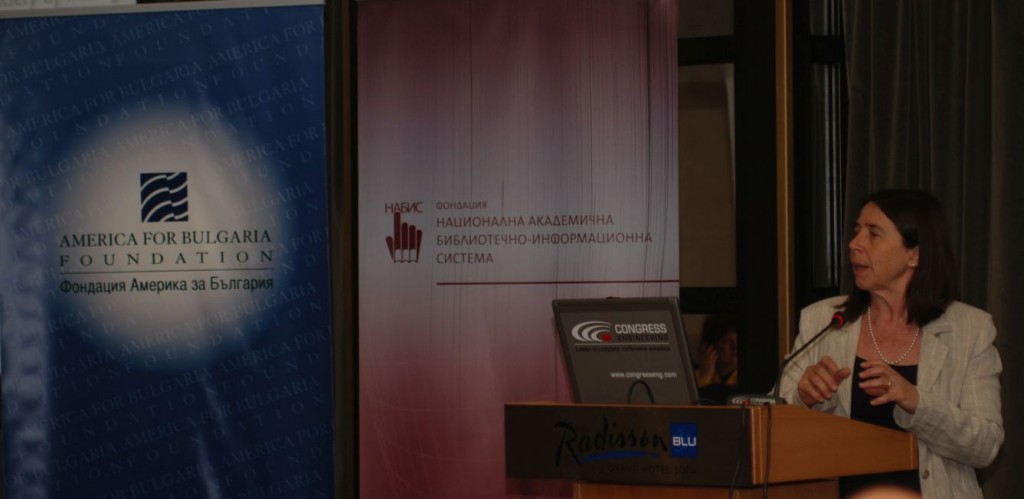 On 12 May 2015, in Sofia, at the Ball Room of Radisson Blu Grand Hotel, the 4th international conference organised by the NALIS Foundation was held, under the title “The Challenge to Collaborate in the Digital Age”. The event was realised with the support of the America for Bulgaria Foundation.
On 12 May 2015, in Sofia, at the Ball Room of Radisson Blu Grand Hotel, the 4th international conference organised by the NALIS Foundation was held, under the title “The Challenge to Collaborate in the Digital Age”. The event was realised with the support of the America for Bulgaria Foundation. As invited speaker, Antonella Fresa of Promoter SRL intervened with a presentation entitled “From digitisation to the re-use of digital cultural content and citizen participation“[download], aimed at emphasizing the sociological impact of digital cultural heritage and technologies.
As invited speaker, Antonella Fresa of Promoter SRL intervened with a presentation entitled “From digitisation to the re-use of digital cultural content and citizen participation“[download], aimed at emphasizing the sociological impact of digital cultural heritage and technologies.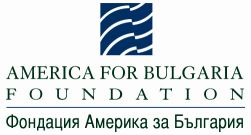


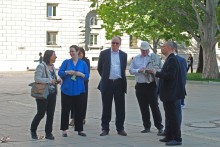


















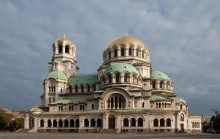
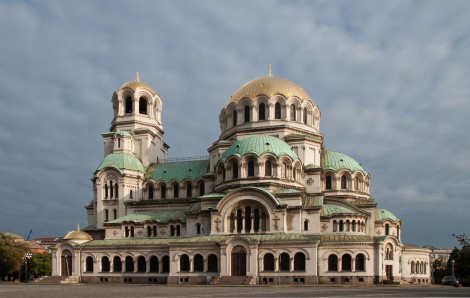
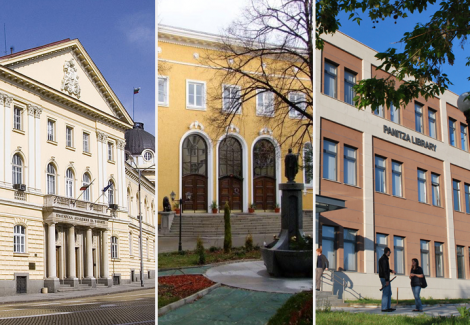
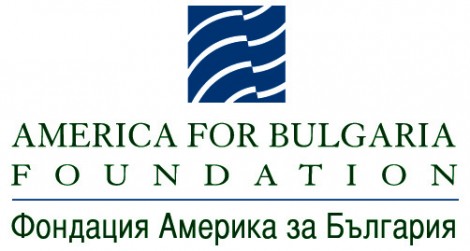
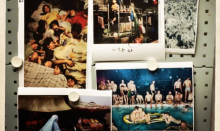
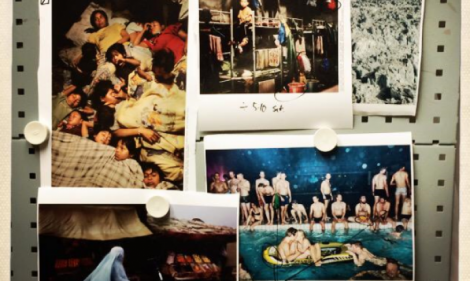
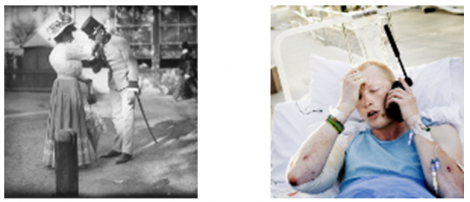
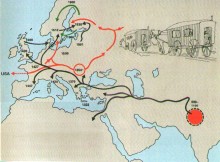
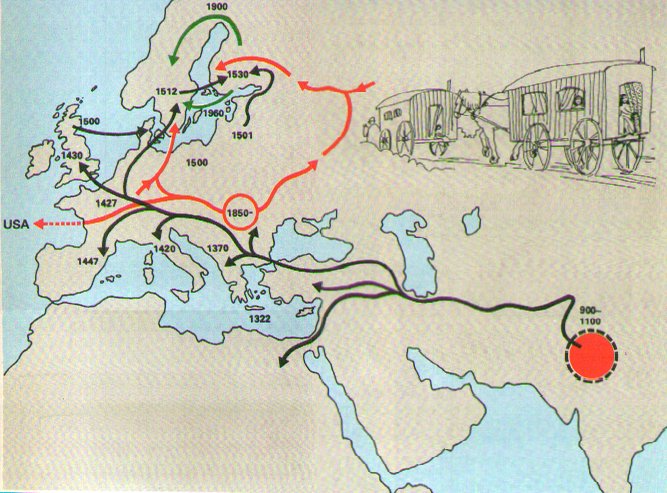 In the Romani Week (April 27 – May 1, 2015), Amalia Sabiescu of Coventry University shares insights from the
In the Romani Week (April 27 – May 1, 2015), Amalia Sabiescu of Coventry University shares insights from the 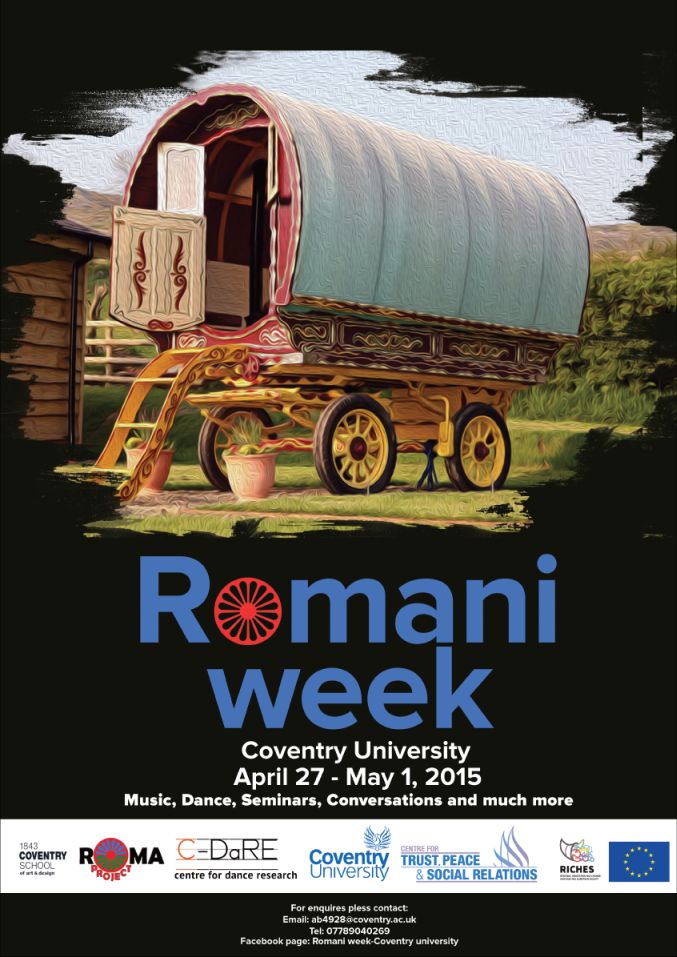
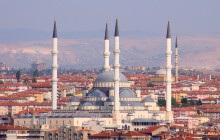


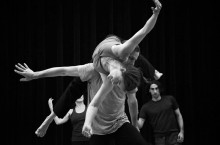
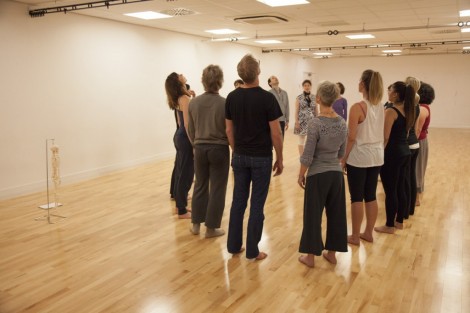
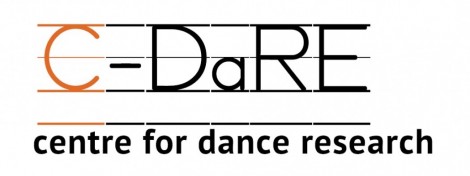

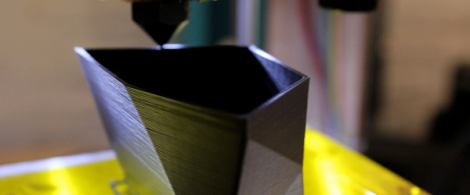
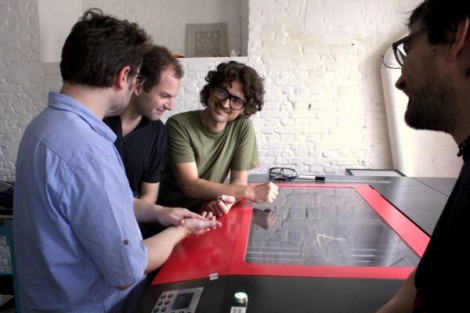
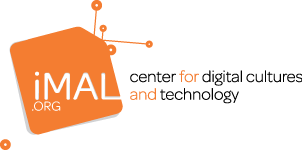 CNC milling – The CNC (computer numerical control) milling machine allows to machine solid materials. The main difference from the laser cutter is that it allows to work in 3D, for example to sculpt wood from a 3D model. The milling machine also excels in 2D and allows for example to engrave your own circuit boards.
CNC milling – The CNC (computer numerical control) milling machine allows to machine solid materials. The main difference from the laser cutter is that it allows to work in 3D, for example to sculpt wood from a 3D model. The milling machine also excels in 2D and allows for example to engrave your own circuit boards.


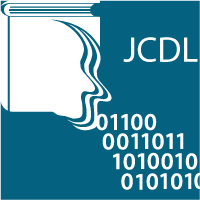

 If you have interesting news and events to point out in the field of digital cultural heritage, we are waiting for your contribution.
If you have interesting news and events to point out in the field of digital cultural heritage, we are waiting for your contribution.














